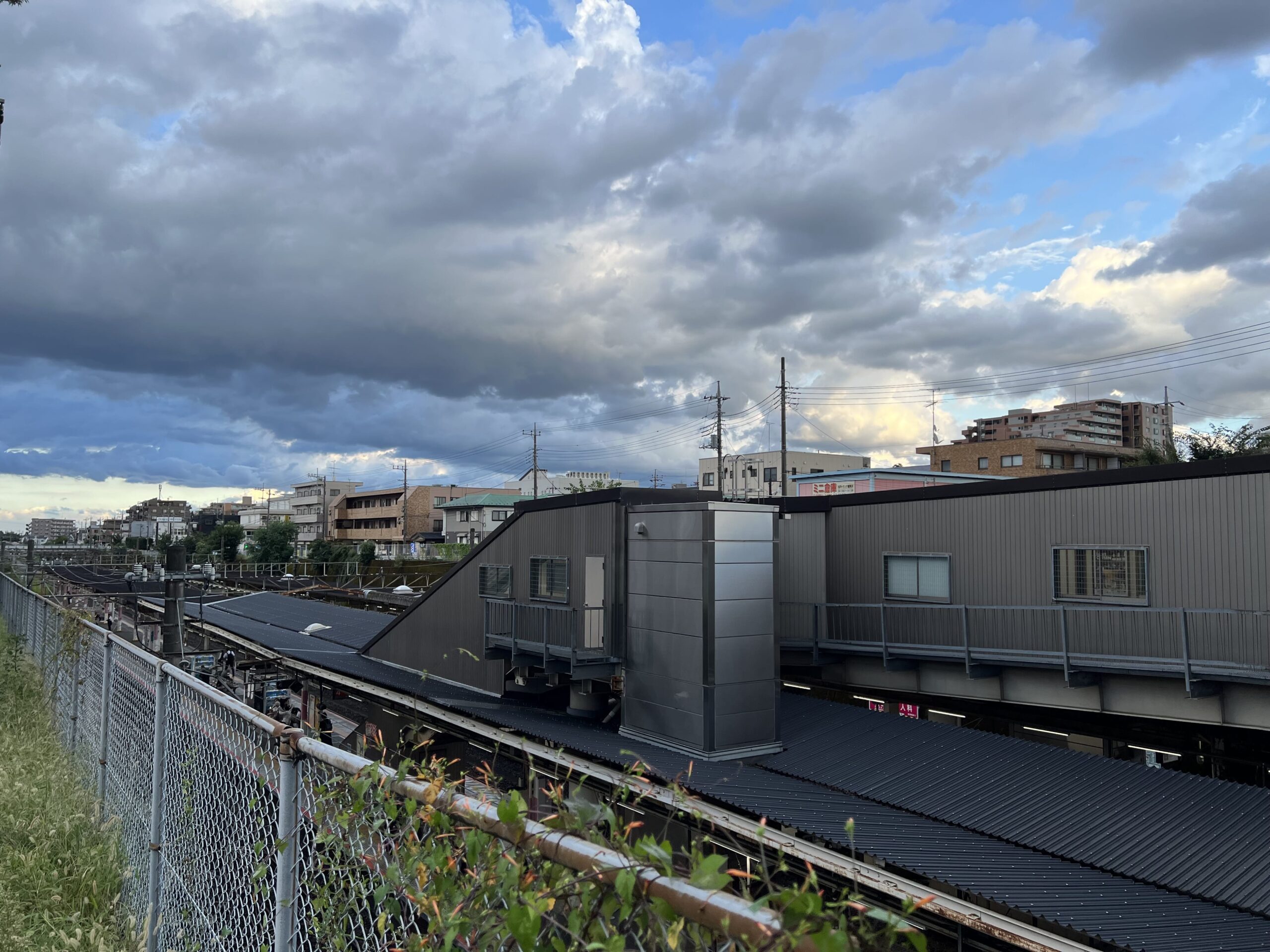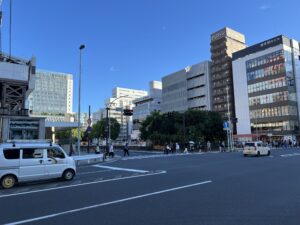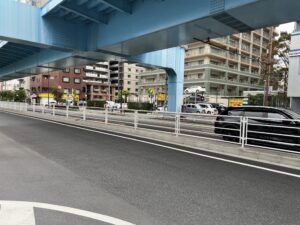Permanent Establishment
“Permanent Establishment” (PE) generally refers to a “fixed location such as an office where business is conducted.”
In international taxation, PE is an important indicator when a company conducts business overseas, determining whether the income generated from that activity has taxation rights with the tax authorities of the country in which it operates.
Under Japanese domestic law, there are three types: However, if a tax treaty concluded with the other country has provisions that differ from what constitutes a permanent establishment under domestic law, non-residents, etc. to whom the tax treaty applies will A permanent establishment is a permanent establishment under domestic law. When doing business with a country with which a tax treaty has been concluded, it is necessary to check the provisions of the tax treaty. Additionally, if a tax treaty has not been concluded, it is necessary to check the domestic laws of the other country.
- Places where business is managed, branches, offices, factories, and other certain places where business is conducted (branch PE)
- Places where non-residents, etc. are engaged in construction, installation work, or the provision of supervision and supervision services in Japan for more than one year (Construction PE)
- Certain persons , such as agents of non-residents, who have the authority to enter into contracts repeatedly in relation to their business, or who repeatedly play a key role in entering into contracts.(Agent PE)
Facilities, etc. used or held solely for the storage, display, or delivery of goods or products belonging to non-residents, etc., or their inventory, are of a preparatory or auxiliary nature for the execution of business of non-residents, etc. If it is a permanent establishment, it is not considered a permanent establishment.










